法国环境与能源管理署(Ademe)的一份新报告显示,稀土矿并未被广泛用于太阳能和电池储能技术。尽管名为“稀土”,但实际上这类矿物并非如人们所想的那般稀有。
该机构表示:“它们之所以举足轻重,主要涉及中国目前在开采和加工方面的实际垄断。”报告指出,2017年中国占到全球稀土矿产量的86%。
稀土元素的提取对环境具有重大的毒理学影响,具体取决于矿物本身的性质。按该机构的说法,矿床中存在钍和铀可能意味着稀土会产生放射性污染,使其不同于其他类型的采矿废料。但该机构最终得出的结论是:可再生能源部门实际上几乎不使用这类元素。
目前,如钕和镝等稀土元素主要被用在海上风力发电机的永磁体中。虽然陆上风力涡轮机也会用到它们(比如法国约3%的风电场中所用的风力涡轮机),但这是存在替代方案的。例如,我们可以制造不含永磁体的异步或同步发电机,从而减少对稀土的需求。但如果在未来十年中一直没有替代解决方案,按照全球海上风电的累计总装机容量最终达到120吉瓦的预计,风电行业最终可能会消耗钕和镝分别年产量的6%和30%以上。
至于电池行业,Ademe的结论是,并不使用稀土,或者是即便使用稀土,使用量也非常之小,有时可能是用作添加剂。只有镍金属氢化物(NiMH)电池的阴极中包含稀土合金。然而与锂离子电池相比,它们造价昂贵,并且“在能源转换领域中,它们仍将处于极低的使用水平,”Ademe这样认为,并补充说商用光伏技术不使用稀土。
法国的清洁能源行业组织之一,可再生能源联盟(SER)的主席Jean-Louis Bal表示:“Ademe为关于稀土的这场讨论提供了确切且实际的信息,如今围绕这个焦点的公众辩论中流传着许多不实之词。”
但是几乎不使用稀土元素并不意味着太阳能组件是无害的。举例说,薄膜光伏技术中可能使用到如碲、镉、铟和银等重要金属。
This content is protected by copyright and may not be reused. If you want to cooperate with us and would like to reuse some of our content, please contact: editors@pv-magazine.com.
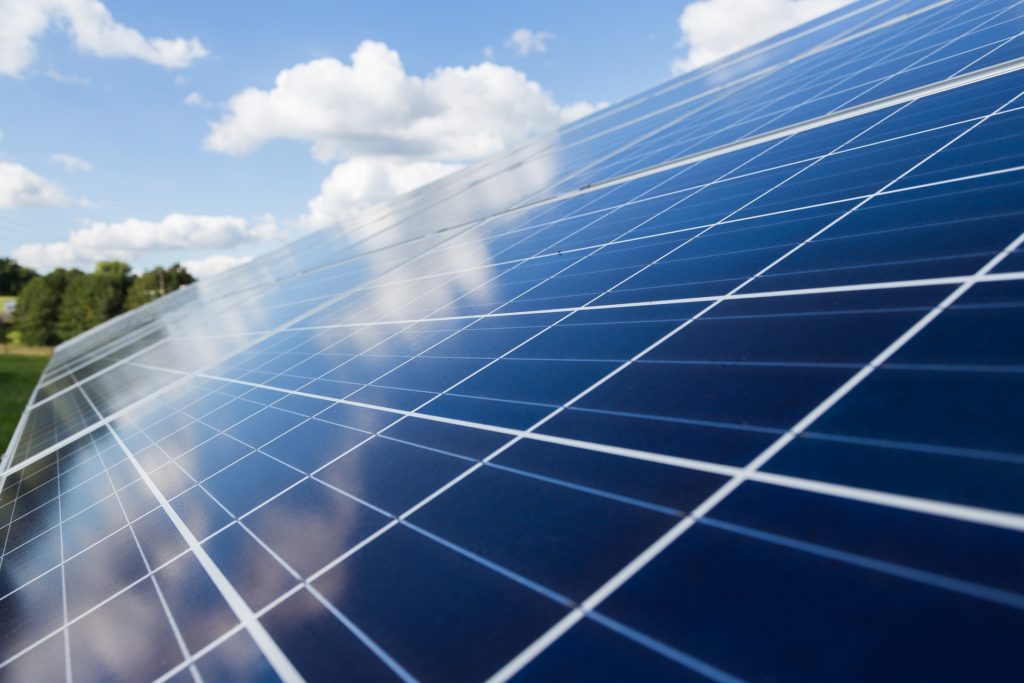


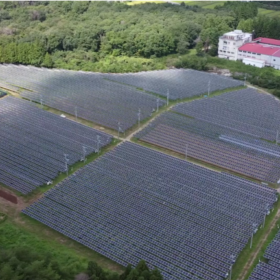
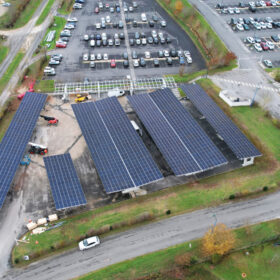
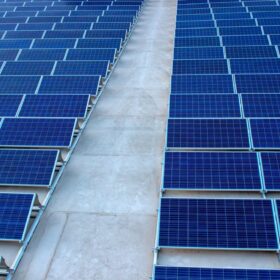
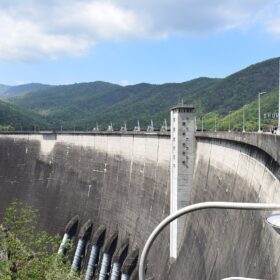
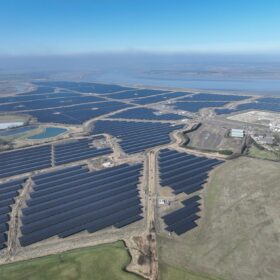





By submitting this form you agree to pv magazine using your data for the purposes of publishing your comment.
Your personal data will only be disclosed or otherwise transmitted to third parties for the purposes of spam filtering or if this is necessary for technical maintenance of the website. Any other transfer to third parties will not take place unless this is justified on the basis of applicable data protection regulations or if pv magazine is legally obliged to do so.
You may revoke this consent at any time with effect for the future, in which case your personal data will be deleted immediately. Otherwise, your data will be deleted if pv magazine has processed your request or the purpose of data storage is fulfilled.
Further information on data privacy can be found in our Data Protection Policy.